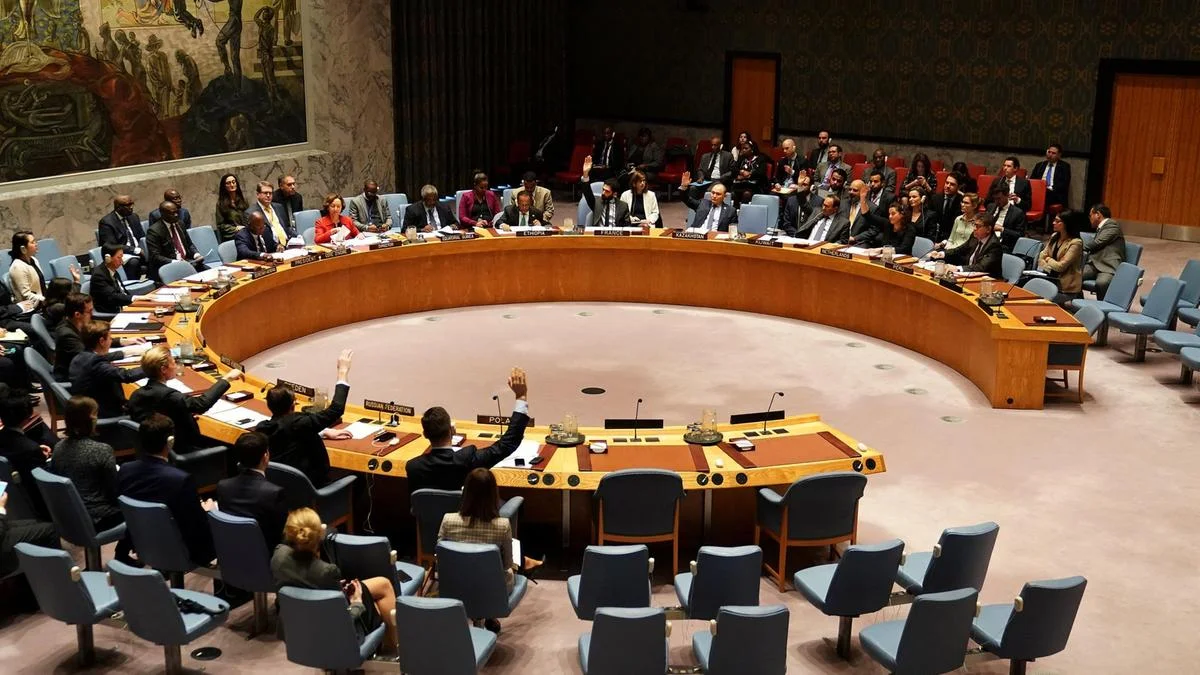International Humanitarian Law Basics
ICRC: What is International Humanitarian Law?
International humanitarian law is a set of rules which seek, for humanitarian reasons, to limit the effects of armed conflict. It protects persons who are not or are no longer participating in the hostilities and restricts the means and methods of warfare. International humanitarian law is also known as the law of war or the law of armed conflict.
Click here to read the ICRC’s advisory service, What is International Humanitarian Law?
oHCHR: Core International Human Rights Instruments and Their Monitoring Bodies
There are 9 core international human rights instruments. Each of these instruments has established a committee of experts to monitor implementation of the treaty provisions by its States parties. Some of the treaties are supplemented by optional protocols dealing with specific concerns whereas the Optional Protocol to the Convention against Torture establishes a committee of experts.
Briefing Paper: State of Origin Obligations and Liabilities Regarding Displaced Persons, Non-Refoulement, and The Right of Return.
Central to the protection of refugees in a host state is the prohibition of forced return—often referred to as non-refoulement—and the corollary right to voluntary return. These rights are protected in international customary law as well as treaty law.
Humanitarian Aid Basics
International Law Obligations Related to Humanitarian Aid
The purpose of this briefing note is to analyze the obligations, under international humanitarian law and international human rights law, of Syrian opposition forces and the Assad regime in the event of an agreement calling for humanitarian access and aid.
Click here to read the briefing note, International Law Obligations Related to Humanitarian Aid.
Legal Requirements for Neutrality in Humanitarian Assistance
The purpose of the memorandum is to provide an analysis of the legal standards for maintaining neutrality and impartiality for organizations providing humanitarian assistance in conflict zones.
Click here to read the memorandum, Legal Requirements for Neutrality in Humanitarian Assistance.
THe Denial of Humanitarian Access in Sudan as a Crime Against Humanity
The purpose of this paper is to show that widespread denial of humanitarian access to areas of Darfur, Blue Nile, and South Kordofan constitutes a crime against humanity under international law.
United Nations
Charter of the United Nations
The Charter of the United Nations was signed on 26 June 1945, in San Francisco, at the conclusion of the United Nations Conference on International Organization, and came into force on 24 October 1945. The Statute of the International Court of Justice is an integral part of the Charter.
UNIted Nations Protocol and Etiquette
This briefing paper provides links to information on the protocol and etiquette of the United Nations. The UN Protocol and Liaison Service provides a Manual of Protocol to all member states that outlines the guidelines that apply to permanent representatives. The manual covers topics such as assigning a new representative, establishing a mission office, privileges and immunities, and special arrangements.
Click here to read the briefing paper, United Nations Protocol and Etiquette.
European Union and United Nations Involvement in Peace Negotiations
The purpose of this memorandum is to outline key issues for the Georgian government to consider in connection with the structure and format of the upcoming Geneva Negotiations by examining earlier models of negotiations involving the European Union (EU) and the United Nations (UN) as sponsors.
Uniting for Peace Resolution
The purpose of this briefing note is to provide an overview of the options available under the Uniting for Peace resolution, adopted by the United Nations General Assembly.
Click here to read the briefing note, Uniting for Peace Resolution.
United Nations Protectorates: Core Elements
The purpose of this memorandum is to identify the core elements of United Nations Protectorates through comparative state practice.
Click here to read the memorandum, United Nations Protectorates: Core Elements.
Briefer: Role of UN Special Envoys in the Peace PRocess
During political processes, UN Special Envoys often carry out a wide range of tasks. These tasks, in Syria as well as other countries, typically involve activities related to security and stabilization, political settlement of the conflict, and humanitarian measures.
Click here to read the briefing paper, Role of UN Special Envoys in the Peace Process.
Filing a Communication with the United Nations Human rights Committee
This memorandum examines the extent to which Northern Turkish Cypriots may be able to utilize the United Nations Human Rights Committee as a means for protecting their fundamental human rights and considers substantive arguments Northern Turkish Cypriots can offer to support the claim that the Cypriot government has violated their rights under the International Covenant on Civil and Political Rights.
Overview of the Role of the International community in the Darfur Peace Process
The purpose of this memorandum is to provide an overview of the current positions of key actors in the international community on the peace process in Darfur. This overview will include the roles that various states and organizations have played in past peace talks, as well as an analysis of the interests and policy goals that might shape future international responses to the conflict in Darfur.
Withdrawal and Drawdown Of United Nations Peacekeeping Operations In Africa: Comparative State Practice
The purpose of this memorandum is to provide a comparative state practice analysis of the use of benchmarks in the withdrawal and drawdown of United Nations (UN) peacekeeping missions in Africa.
Commission of INquiry on Syria: Application of International Law
The purpose of this memorandum is to identify the core elements of the Independent International Commission of Inquiry on the Syrian Arab Republic’s application of international law in detailing human rights abuses as well as war crimes and crimes against humanity that have been committed in Syria since 2011.
Burma: Credentials Challenge Of The State Peace and Development Council Delegation To The United Nations
This memorandum analyzes the process for challenging the credentials of the delegation of the State Peace and Development Council to the United Nations. Past credentials challenges in other states provide insight into how the United Nations may approach a credentials challenge in Burma.

